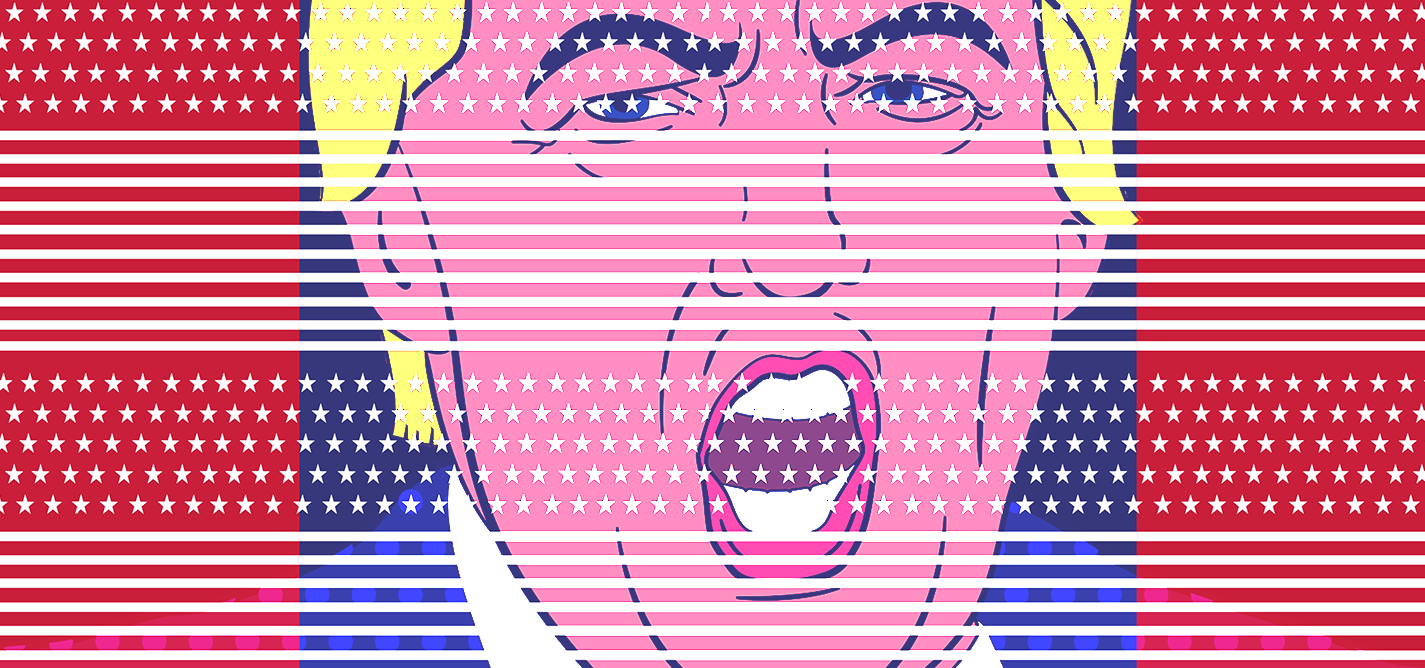
How will Americans survive their growing pains?
The U.S. presidential election is a power struggle for the future.
Ultimately, this election is about power. Who will have it in the future? And what was it in the past?
Trump took the southern strategy to its logical conclusion and has now articulated divisions in such a way that one wonders how you put that genie back in the bottle.
Trump became president in 2016 despite losing the popular vote by 3 million.
Trump has shown us in his administration how the mediocre and talentless get by — through loyalty, whiteness, inherited wealth and nepotism.

Bronwyn Jones
Bronwyn Jones is a former editor at K2.0. She has master’s degrees in Media Studies and International Affairs from New School University in New York.
DISCLAIMERThe views of the writer do not necessarily reflect the views of Kosovo 2.0.
This story was originally written in English.